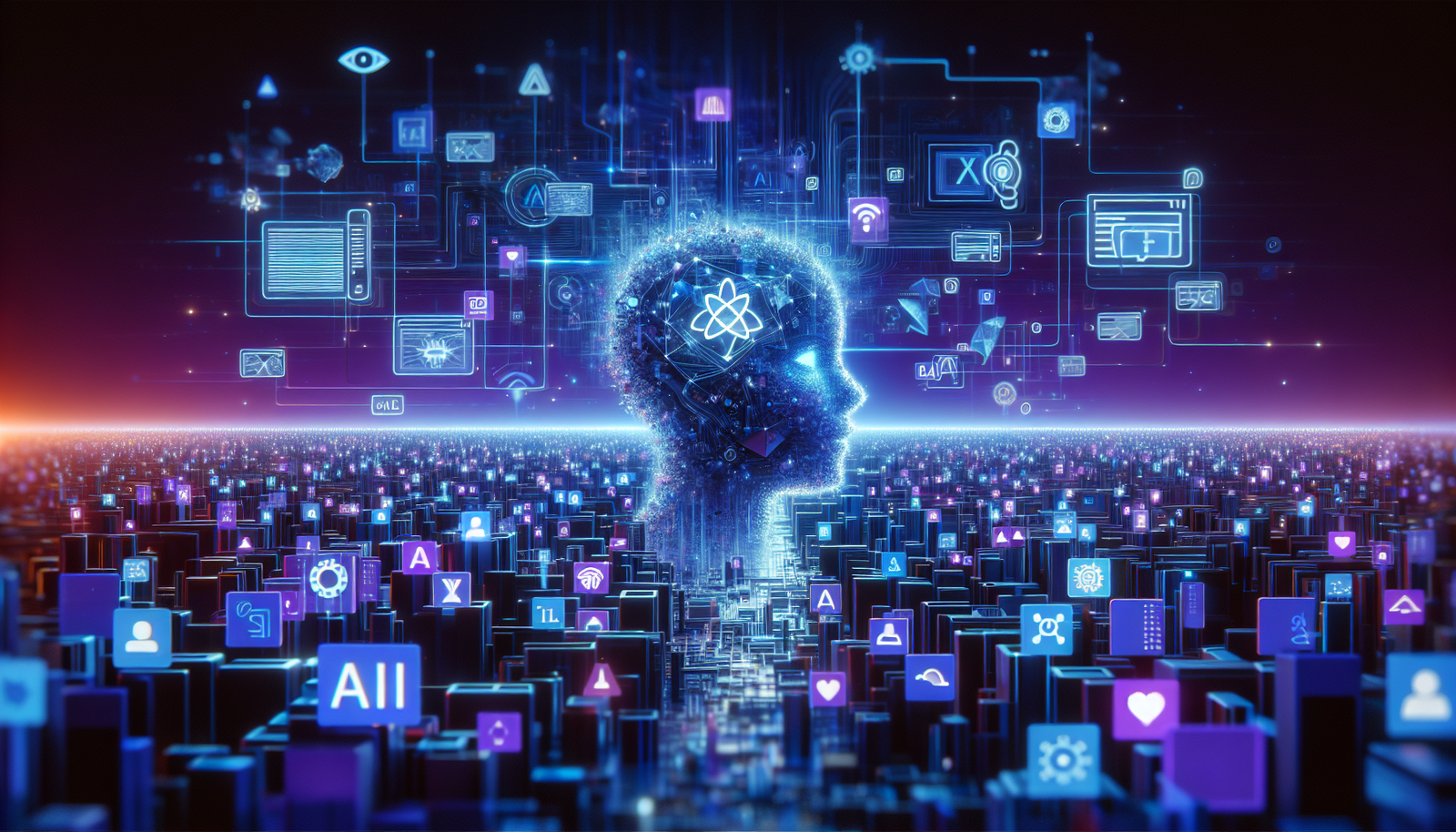The digital landscape is evolving at a dizzying pace under the influence of AI, redefining user standards and expectations. Google will respond to AI-generated content. This significant decision poses a challenge for content creators. Sites engaged in practices deemed questionable will be impacted. A particular focus lies in the quality and originality of the produced texts. Increased vigilance is necessary among webmasters. The stakes of such a strategic orientation reveal Google’s intention to prioritize authenticity over quantity.
Sanctions imposed by Google
Google has recently modified its policy regarding the use of artificial intelligence (AI) in its rankings. The company clarified that sites displaying predominantly AI-generated content would be penalized. This evolution occurs in a context where content quality is imperative for assessing its ranking in search results.
Content assessment by Google
During a presentation in Madrid, John Mueller, head of Google Search relations, outlined criteria for content evaluation. Texts considered of low quality are those that are “copied, rewritten, integrated, generated automatically, or by AI.” These elements are deemed lacking in originality and added value, resulting in potential sanctions.
Penalty criteria
The Search Quality Evaluator Guidelines document, updated on January 23, 2025, states that content derived from a single page or multiple sites, rewritten by AI tools, will be categorized as copied or paraphrased. Only practices resulting in minimal effort, without real human contribution, will be penalized. Sites that provide substantial value will significantly distinguish themselves in their content.
Detection of AI-generated content
Google employs various methods to identify texts resulting from artificial intelligence. Fraudulent content can be revealed by contradictions between the discussed subject and legal mentions. For example, a site presenting itself as a parental resource that contravenes its own terms could raise suspicions.
Lack of transparency
Another major indicator is the lack of transparency regarding the origin of the content. Sites that indicate that part of their content is generated by AI without clarification are perceived as less reliable. An experimental purpose may also undermine a site’s credibility and, consequently, its ranking.
Fictitious authors
Moreover, the use of misleading or invented authors to mask the true origin of content constitutes unacceptable manipulation in Google’s view. The individuals behind this content must be authentic to gain the trust of users and the search engine.
Consequences for affected sites
Google does not question the use of AI per se, but emphasizes that generative AI tools can lead to low-quality content production. In this respect, it is pointed out that sites deriving little or no added value from automated tools risk suffering significant damage to their visibility.
It becomes essential for content creators to ensure that their use of AI genuinely contributes to an enriching experience for the user. Each piece of content must provide distinct value, clearly standing out from what already exists on the web.
This reassessment of practices can have major impacts on the digital landscape, as only sites whose contributions are based on a strong human and relevant input will be rewarded. Vigilance is necessary to avoid penalties in an increasingly competitive search environment.
Long-term implications
The new criteria from Google mark a turning point for search engine optimization. SEO agencies will need to reassess their strategies to align with these revised guidelines. The risk of penalties mentioned particularly applies to those who abuse AI without adequate human investment in content creation.
This initiative by Google could also influence other technology companies and lead to industry-wide changes. The necessity to ensure authentic and useful content becomes the spearhead of upcoming SEO practices, marking a significant evolution in how content is evaluated and ranked.
Attention and adjustments are necessary for industry stakeholders, as the future of rankings will decisively depend on the quality and originality of the content presented on the web.
Frequently asked questions
What are Google’s new sanctions regarding the use of AI?
Google recently announced that it would penalize sites whose content is generated by AI without originality or added value, based on specific quality criteria.
What types of content will be penalized by Google?
Content deemed copied, rewritten, or automatically generated without substantial effort and lacking value for users will be targeted by these sanctions.
How does Google detect AI-generated content?
Google can identify this type of content by analyzing inconsistencies, a lack of transparency, fictitious authors, and textual indicators characteristic of automatic generation.
Will sites using AI to produce useful content be penalized?
No, the use of AI tools to create useful and quality content will not be penalized, as long as human effort is present and value for the reader is maintained.
What specific penalty criteria has Google established?
The criteria include producing large quantities of content with little effort, the absence of added value compared to existing content, and the use of outdated or inaccurate information.
How can I ensure that my content is not penalized by Google?
To avoid penalties, it is essential to produce original, high-quality content that is relevant to users and integrates elements of expertise and authority.
What are the risks for sites penalized by Google?
Penalized sites may see their visibility reduced in search results, which could lead to a significant decrease in organic traffic and business opportunities.
Will all sites using AI be penalized by Google?
No, only sites that abuse the use of AI by producing low-quality content in large measure will be penalized.
How can I tell if my site is affected by these new guidelines?
It is advisable to monitor your site’s performance in search engines and check for messages in Google Search Console for any penalty notifications.






